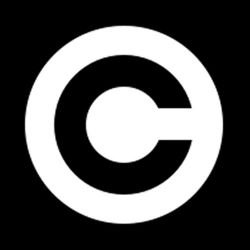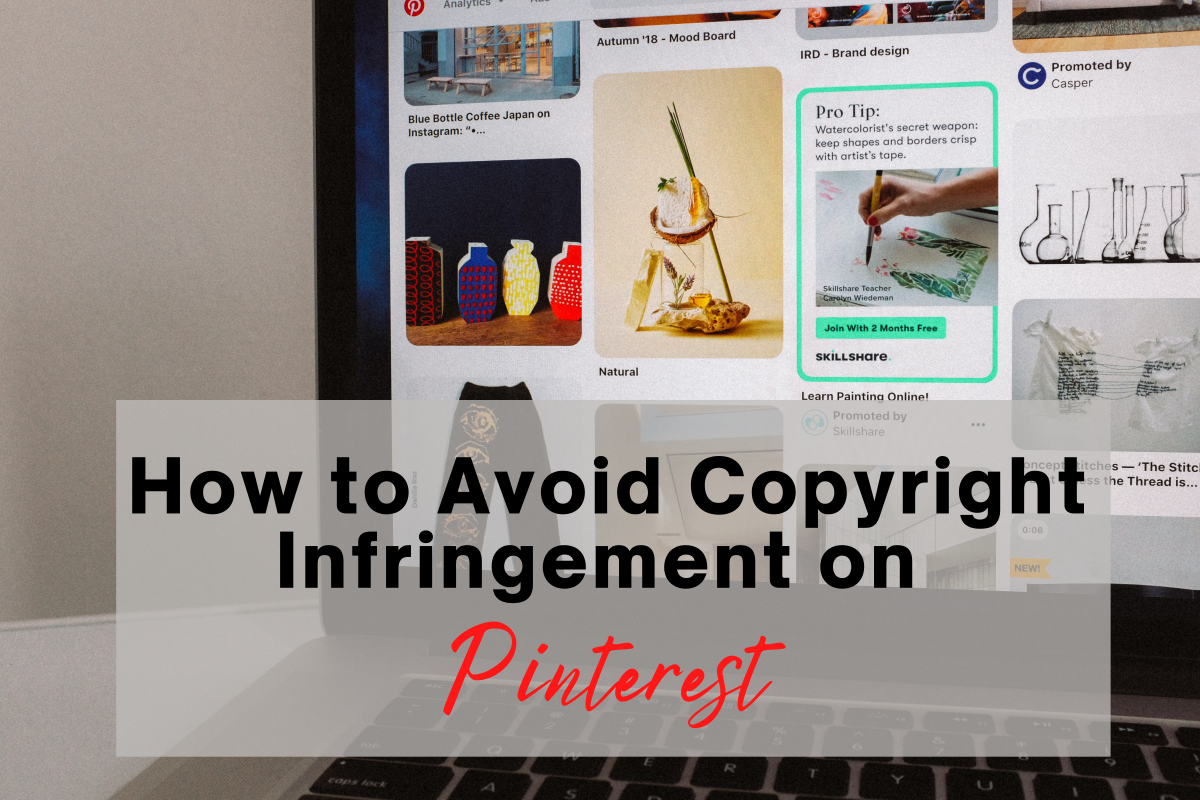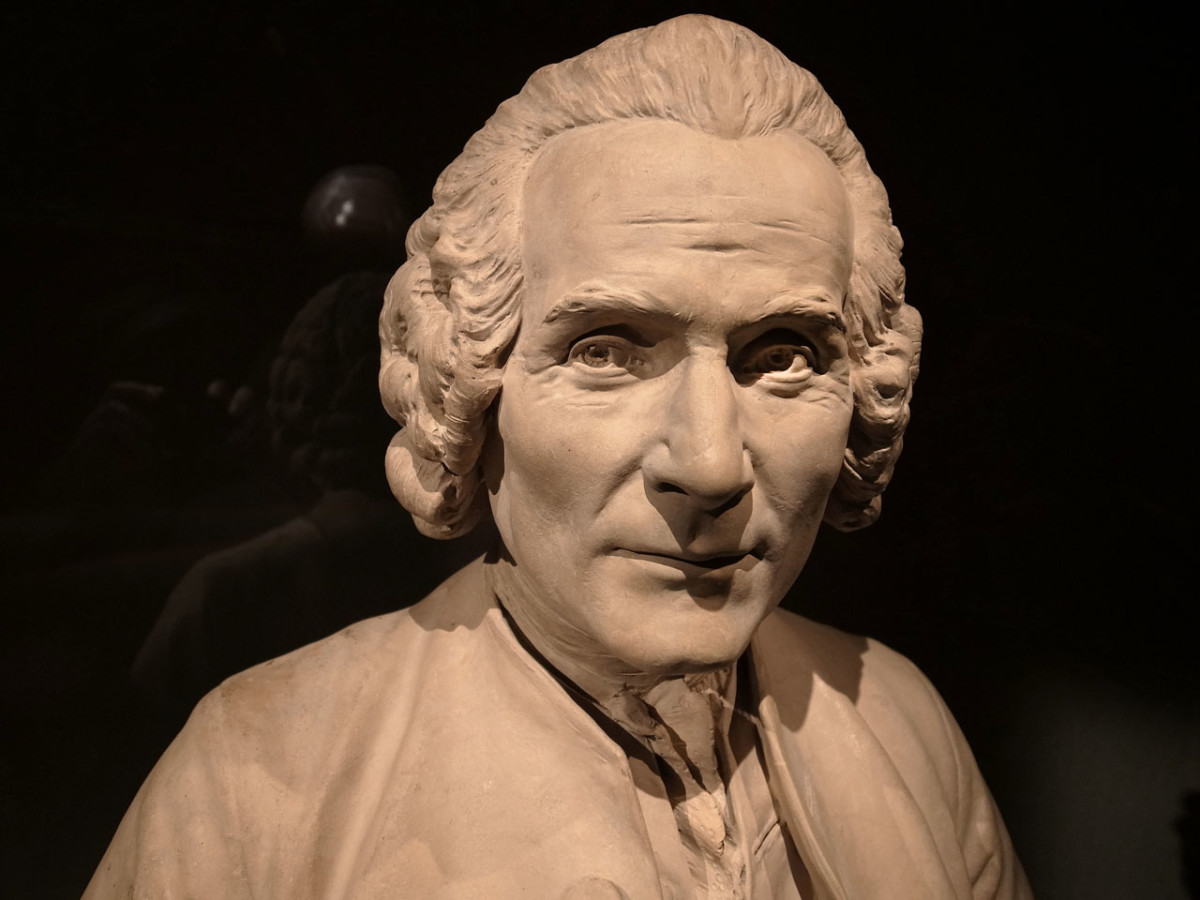The Complexities of Copyright

A Big Issue on the Internet
Copyright has become a much larger issue with the advent of the internet. It is much easier to steal content than ever before. In fact, each new technological advance made things a bit easier. These might include the invention of the Xerox machine. When you can simply save an image, or highlight and copy, it becomes trivial.
What a lot of people don't realize, however, is that copyrights are not as simple as a lot of people think.
People who try to protect their images on the internet often employ methods that don't work, and then they feel a false sense of security.
Hey, if you have content on the internet, no matter what protection methods you use, a good thief can get it. Why? Because once you download it to your browser, you can get it. One way or another. I'll go into that as well.
And I'll discuss the circumstances under which a portion of a work can be used by someone else without explicit permission.
And I'll even talk about some EFFECTIVE ways of minimizing the damage from theft of images.
Perhaps I'll get into the question of intellectual property, and why it is important.
Although I will concentrate on discussing copyright issues with respect to visual images, I will touch a little on other types of intellectual property as well.
(image is standard copyright symbol)
The Purpose of Copyright
It is helpful if you know what the purpose of copyright is. The most basic way to describe it, is that copyright is intended to protect profits from sale of the work. If the use of someone else's work doesn't cut into the profits of the original owner, then contesting its use probably won't result in any advancement of one's rights. If someone uses a portion of a work for educational purposes, it might be covered under "fair use". The Fair Use Doctrine is a feature of United States copyright law. Under it, a person could use a chapter or portion of a chapter out of a book without violating the law.
When material is taken without the owner's permission and claimed as one's own, and then incorporated into something that the thief sells and makes money from, he's violated copyright. A person is entitled to the fruits of his labor. If someone else gets the profit, that person is a thief. A really good example of this is when a person who is affiliated with a religious cult takes someone else's writings and incorporates it into work in support of the cult. For example, Ellen G. White, the "spirit of prophecy" of the Seventh-day Adventist church, often lifted entire passages out of other writers' books, put them in her own, came the information came from God, and then sold the books devised in this way. She wasn't the only prominent writer of a cult who did this. The sad part about White's theft is that she knew better, because her husband warned people not to steal HER work. White's massive theft is documented in the book The White Lie by Walter T Rea. I have checked 75% of his extensive examples against the originals, both in White's books and in her sources, and his work is dead, cold accurate. When this information was revealed, 100,000 left the SDA, but the ones who stayed behind developed an excuse.
All White would have had to do is CREDIT HER SOURCES. She probably copied way too much, but if she had told us WHERE the material came from, her work would have been more in the nature of a scholarly work, and wouldn't be a violation of copyright by definition.
Scholarly works frequently cite many earlier works, sometimes quoting from them.
Walter Rea's book is available on Amazon.
So copyright, then, protects people from theft of their work by someone else, who claims to be the creator of the work, and then sells the work for their OWN profit.
Copyright Law
Creative commons, fair use
In White's day, copyrights were for 14 years. They could be renewed for an additional 14 years.
Since that time, the length of time has been lengthened a couple of times, and currently it is the lifetime of the artist, plus 50 years.
Current law, especially international law, presumes that a work is copyright. The owner doesn't have to register the copyright. This is a good thing because it would be horribly expensive to register a bunch of items, especially if the type of art (photography, for example) lends itself to many works.
The purpose of registering copyrights is not in order to protect the work, but in order to make it easier to sue someone who infringes your copyright, and prove that you are the owner. But suing is expensive. Most people won't be able to afford to do it.
United States law has an unusual provision (at least, I am not aware of any other nation that has it) called Fair Use. According to Fair Use, a person may use a portion of a work (hopefully a rather small portion) for EDUCATIONAL purposes. The requirements are basically that the use does not deprive the copyright holder of any profits. A teacher who reproduces a chapter out of a book is not in violation of the copyright laws or of the copyright, because the teacher is not having an impact on the profits of the person who wrote the book. The teacher is not selling the book and keeping the proceeds. The likelihood that a student would buy the book if the teacher didn't do this is relatively small. The student might buy the book if he likes what the teacher passed out.
It is also in the provisions of Fair Use that a person can republish a small article or item, provided the person makes a reasonably substantial comment about it.
Aside from that, a person may make a derative work provided the new work looks substantially different from the original.
An interesting new wrinkle has appeared on the scene. It's called the Gnu license or the Creative Commons license. According to this provision, the owner of the copyright releases the work into the public domain, sometimes with a couple of strings attached. Usually, it's that the user must give attribution (tell who released the work) and make it available to everyone else on the same basis. Images, writings, software, and other things, are sometimes given the Creative Commons license, instead of the originator claiming copyright.
Methods for Preventing Copyright Infringement
On the internet, there are several methods commonly used to prevent someone from taking your images. I have also noticed that there is a method of protecting text from being highlighted; snopes.com is using it.
However, these methods are not very effective. For one thing, people who simply want to include your image in a private collection on their own machine, and not use it for anything else, may be prevented from taking the image. The REAL thieves know how to evade these protections. I'll discuss both sides.
The most common method for protecting an image is to disable right click of the mouse. The only problem with doing this is that there are legitimate things you can do with right click that are also disabled, such as if you want to open another page in a new tab instead of a new window, for example. But since the easiest way to save an image is to disable right click, a lot of people do it that way.
Another method is to overlay the image with another, transparent image. For example, you can make a one pixel image that is transparent, and call it "clear.gif" and then specify the size for this image as being, say, 200 pixels by 150 pixels. It completely covers the image and prevents a person from being successful at saving the OTHER image by right clicking.
Some people put their images in a Flash presentation. You can't right click an image in Flash, UNLESS you own a paid copy of Shockwave, at which point, you can capture the image or other content. However, you don't have to own a paid copy to capture the entire presentation.
Here are some easy way to defeat these methods.
1. get the image from your browser's cache
2. if right click is disabled, you disable Javascript on your browser, and then it won't be disabled anymore
3. screen-capture the image. You use a paint program for this. It will allow you to select any portion of what's on the screen, and then save it.
4. look at the source of the page and find the URL for the image. Load that, right click, and save
As you can see, these methods don't deter a real thief, just a casual person who likes to keep collections of images they have seen on the internet. And don't forget: the casual collector will probably come back to see more of your work, and may even buy something.
Some sites, flickr, for example, make you click several times before you can save. Big deal.
Ways around this problem:
1. make your images small enough so they can't be used for anything BUT an image on a web page. Don't give them your print file! You can still produce high quality images for sale, because you or your agent has the print file, and the thief doesn't have it.
2. watermark your images. This is a lightly colored image that is put on the image as an overlay. You can see a faint image of the watermark. My personal opinion is that you deface your own art when you do this, so I don't do it.
3. put the URL of your web site on the corner of the image. Then, if someone steals it, and puts it on the internet somewhere, it automatically becomes a free ad for you.
4. don't do anything; don't make your work a challenge to get. Some people will steal because it's a challenge.
Profit by Violating Your OWN Copyright
ASCAP (musician's union) tries to keep people from stealing other people's songs, from the internet. They've made life difficult for some really big thieves, but overall, they have had very little effect.
Unfortunately, most performers don't make much money off their recordings. The recording studio, etc., makes the money, and they get a very small cut. It may not be worth their while to go to a huge amount of trouble to protect their own work.
Some people have responded by putting their own recordings on the internet, where they can be readily retrieved, stored, heard, etc. Why is this a reasonable idea? Because it turns out MORE people will buy your recordings if you do this. The copy off the internet is of poor quality, so if they want a good copy, they have to buy it.
So there is more than one way to skin a cat, er, combat theft of intellectual property.
If you have put your web site's URL on your image, a person may see it somewhere else, and come to your site and buy something.
Some people will put an operating system into the public domain. The advantage of doing this is, if people want applications programs, they'll probably hire you to write them. If they write applications for the operating system, somebody might want your operating system on a CDrom. They will pay you for the CDrom. Some companies make a lot of money this way. Red Hat does this, for example. Everything is open source, but they sell CDroms.
I don't worry about the copyright on my images. It's not worth the hassle. It's not that I approve of theft of intellectual property. I don't. But I just think there are better ways to deal with it.
I just don't make my print files (larger files) available over the internet. If you want a 16x20 image of one of my works, you have to buy it. If you take what I put on the web site, it will be poor quality.
Intellectual Property
One final word, for those who are unfamiliar with the concept of intellectual property, or from people who get bent out of shape at the actions of people who are.
Some people from certain parts of the world are notorious intellectual property thieves. They simply do not have a concept of intellectual property, or that intellectual property actually belongs to an individual. The Chinese and people from certain other Asian nations are notorious for this. They often will steal an image, and then reproduce and sell it. They're not being "evil". They don't understand what intellectual property is. We used to have a Chinese relative who would take programs off our computers, steal them. The way to fix that was to make that part of the computer password-protected. That stopped him.
Another country where there is a problem is Russia, and this may well include other countries that were once part of the Soviet Bloc. The problem there is that they didn't have any copyright laws under communism, because everything belonged to the collective. If you pick up a book in Russian published in the Soviet Union, you won't find a copyright notice anywhere.
The Chinese may make a lot of money off your work. As long as the government of China won't do anything about it, you might as well pray the Serenity Prayer and get on with your life.
The point about intellectual property is that this is a creation by a person who has the God-given right to make money off what he created, in the same way a carpenter is entitled to make money off the cabinets he makes, and so forth. To the westerner, this makes sense. We have the cultural background to understand it.
So if someone simply comes from a culture that doesn't understand, shrug it off. There's nothing you can do about it anyway.
I hope that each of you who creates intellectual property will have the fortune of making money from it, and not being the victim of theft. But I hope that this Lens has made the subject a little more understandable.
Let me know what you think.








